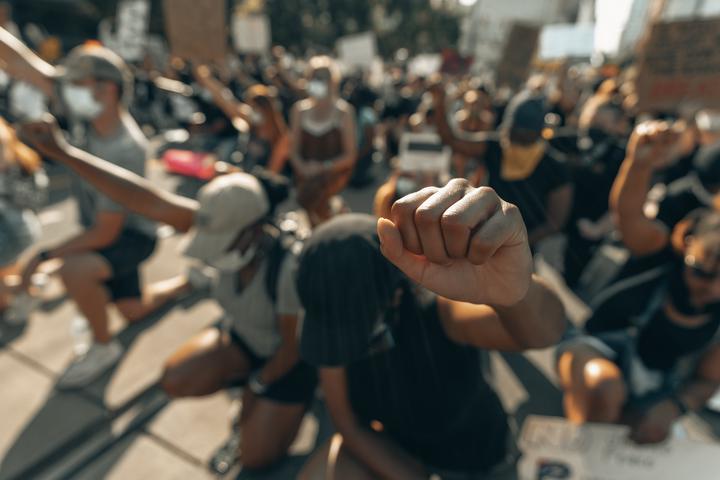 Image credit: Clay Banks
Image credit: Clay BanksResumen
Under what conditions do people support police use of force? In this paper we assess some of the empirical links between police legitimacy, political ideology (right-wing authoritarianism and social dominance orientation), and support for ‘reasonable’ use of force (e.g. an officer striking a citizen in self-defence) and ‘excessive’ use of force (e.g. an officer using violence to arrest an unarmed person who is not offering violent resistance). Analysing data from an online survey with US participants (n = 186) we find that legitimacy is a positive predictor of reasonable but not excessive police use of force, and that political ideology predicts support for excessive but not reasonable use of force. We conclude with the idea that legitimacy places normative constraints around police power. On the one hand, legitimacy is associated with increased support for the use of force, but only when violence is bounded within certain acceptable limits. On the other hand, excessive use of force seems to require an extra-legal justification that is – at least in our analysis – partly ideological. Our findings open up a new direction of research in what is currently a rather sparse psychological literature on the ability of legitimacy to ‘tame’ coercive power.
Summary
Under what conditions do people support police use of force? In this paper we assess some of the empirical links between police legitimacy, political ideology (right-wing authoritarianism and social dominance orientation), and support for ‘reasonable’ use of force (e.g. an officer striking a citizen in self-defence) and ‘excessive’ use of force (e.g. an officer using violence to arrest an unarmed person who is not offering violent resistance). Analysing data from an online survey with US participants (n = 186) we find that legitimacy is a positive predictor of reasonable but not excessive police use of force, and that political ideology predicts support for excessive but not reasonable use of force. We conclude with the idea that legitimacy places normative constraints around police power. On the one hand, legitimacy is associated with increased support for the use of force, but only when violence is bounded within certain acceptable limits. On the other hand, excessive use of force seems to require an extra-legal justification that is – at least in our analysis – partly ideological. Our findings open up a new direction of research in what is currently a rather sparse psychological literature on the ability of legitimacy to ‘tame’ coercive power.